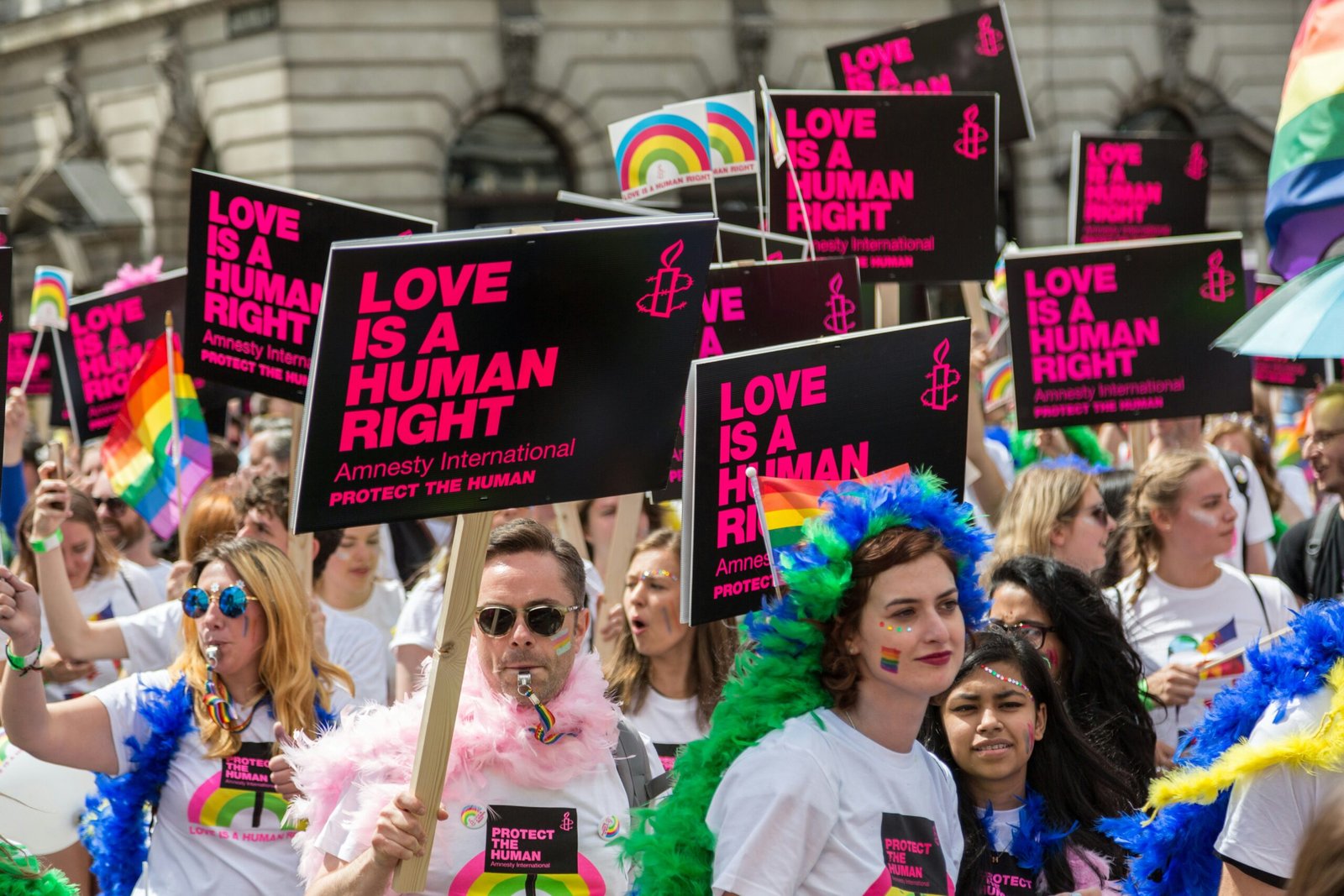Introduction
In recent years, there has been a growing recognition and understanding of the importance of protecting the rights of individuals based on their sexual orientation and gender identity. LGBTQ+ individuals have long faced discrimination and marginalization in many areas of life, including employment, housing, healthcare, and more. However, significant progress has been made in establishing legal protections to ensure equality and fairness for all. In this blog post, we will discuss the legal protections against discrimination based on sexual orientation and gender identity, focusing on rights related to marriage equality, adoption, and healthcare access.
Marriage Equality
One of the most significant milestones in the fight for LGBTQ+ rights was the recognition of marriage equality. Prior to this, same-sex couples were denied the legal recognition and benefits that opposite-sex couples enjoyed. However, in recent years, many countries and jurisdictions have recognized the right of same-sex couples to marry.
Marriage equality is not just about the legal recognition of same-sex relationships; it also provides important rights and benefits to LGBTQ+ individuals and their families. These include inheritance rights, the ability to make medical decisions for a partner, access to healthcare and insurance benefits, and more. The recognition of marriage equality has brought about a sense of validation and acceptance for LGBTQ+ individuals and has helped to dismantle the discriminatory barriers they once faced.
Adoption Rights
Another important aspect of protecting LGBTQ+ rights is ensuring equal access to adoption. In the past, same-sex couples often faced significant hurdles when trying to adopt children. Many adoption agencies and jurisdictions had discriminatory policies that prevented LGBTQ+ individuals from adopting, based solely on their sexual orientation or gender identity.
Thankfully, there has been progress in this area as well. Many countries and jurisdictions have enacted laws and policies that prohibit discrimination against LGBTQ+ individuals and couples in the adoption process. This has allowed many loving and capable LGBTQ+ individuals and couples to provide stable and nurturing homes for children in need. By removing discriminatory barriers, society is recognizing that love and the ability to provide a safe and supportive environment for a child are more important than the gender or sexual orientation of the parents.
Healthcare Access
Access to healthcare is a fundamental right that should be available to everyone, regardless of their sexual orientation or gender identity. Unfortunately, LGBTQ+ individuals have historically faced significant barriers when seeking healthcare services. They have often been subjected to discrimination, stigma, and inadequate care.
Thankfully, there have been efforts to address these disparities and ensure equal access to healthcare for LGBTQ+ individuals. Many countries and jurisdictions have implemented policies that prohibit discrimination based on sexual orientation and gender identity in healthcare settings. This includes ensuring that LGBTQ+ individuals have access to appropriate and inclusive healthcare services, including mental health support, hormone therapy, and gender-affirming surgeries.
Furthermore, healthcare providers are increasingly being educated on LGBTQ+ health issues and the unique needs of this community. This helps to ensure that LGBTQ+ individuals receive the care and support they need in a respectful and affirming manner.
Conclusion
The fight for LGBTQ+ rights has come a long way, but there is still work to be done. Legal protections against discrimination based on sexual orientation and gender identity have made significant strides in areas such as marriage equality, adoption rights, and healthcare access. These protections are crucial in ensuring that LGBTQ+ individuals are treated with dignity, respect, and equality.
By continuing to advocate for and support these rights, we can create a society that values and embraces diversity, where LGBTQ+ individuals can live their lives authentically and without fear of discrimination. It is our collective responsibility to stand up for the rights of all individuals, regardless of their sexual orientation or gender identity, and work towards a more inclusive and equitable future for everyone.

